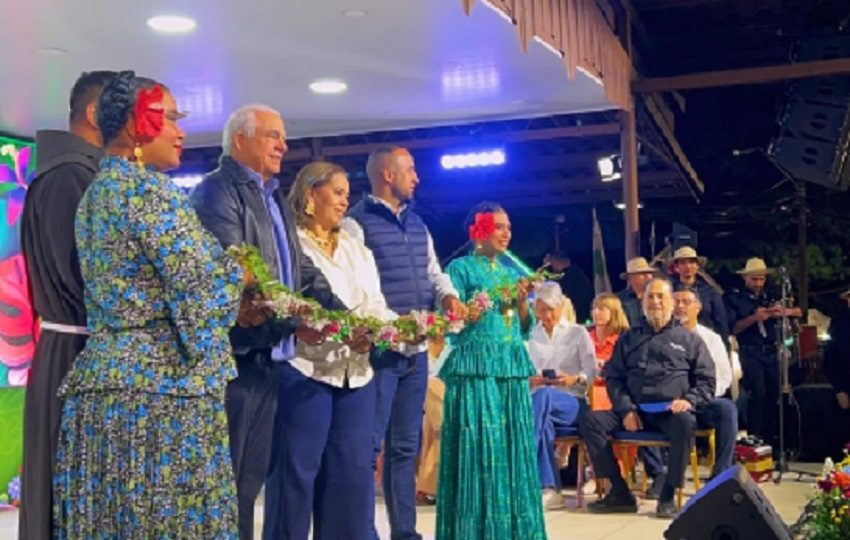Juan Carlos Navarro – The Mining Issue Will Be Addressed in 2025
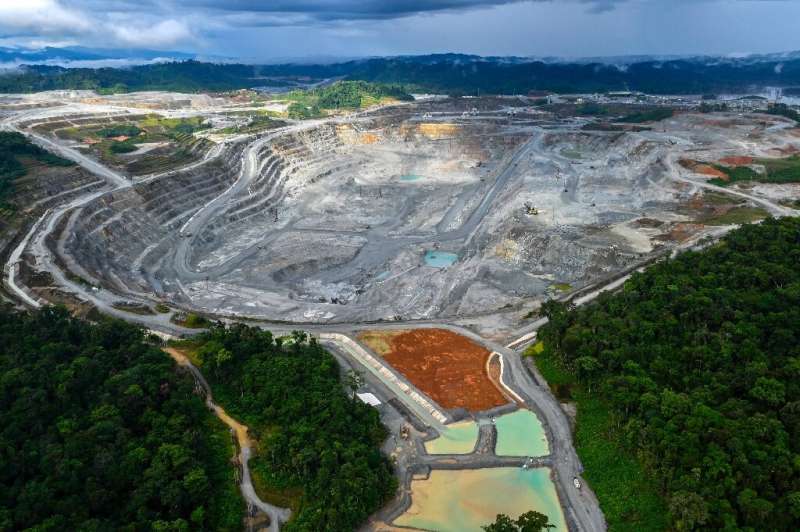
Remember mining in Panama? How could we forget……….On October 20, 2023, the contract between the State and Minera Panama was approved. It would appear that Panamanians are still opposed to an eventual reopening of the mine. Panamanians surveyed have an unfavorable or very unfavorable opinion of mining activity in the country, one year after the National Assembly approved Law 406 of October 20, 2023, on the mining concession contract between the State and Minera Panamá SA, which sparked protests, mass marches, street closures, and clashes between civilians and security forces. This period of protests was one of the most significant in the nation’s recent history, and lasted for more than a month, until the contract was declared unconstitutional by the Supreme Court of Justice (SCJ) on November 28 of last year. When the law was declared unconstitutional, up to 25 articles were detected that violated the Constitution.
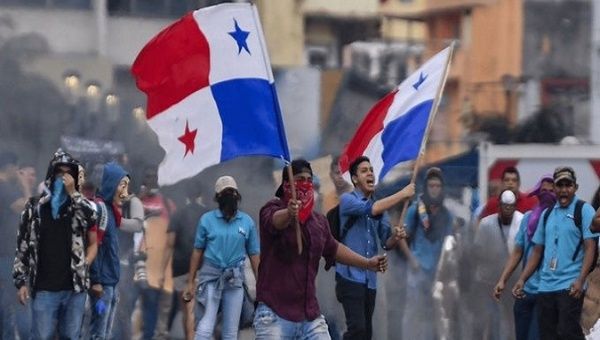
The situation brought to light the demand of the population to take to the streets for greater transparency and responsibility in the management of natural resources and public affairs. ”The lesson that remains is that when the people unite, beyond any division, nothing can contain them. The government must learn that lesson and establish real channels of dialogue,” explained Abdiel Rodríguez, a doctor in philosophy, researcher and professor at the University of Panama. Despite the popular anti-mining clamor that dominated the country’s main avenues between October and November of last year, a Panama survey revealed that there is a sector of the population of 24.9% of those surveyed with a neutral opinion on mining activity, while 10.8% have a favorable opinion and 1.8% weren’t sure or did not respond.
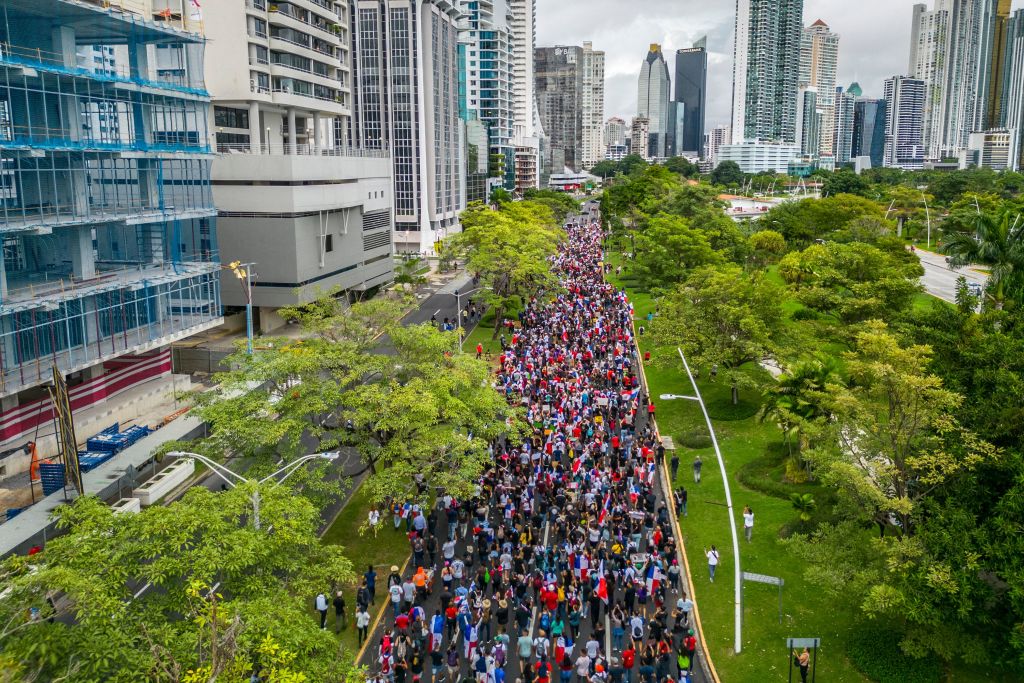
For Claire Nevache, a political scientist and researcher at the International Center for Political and Social Studies (CIEPS), the protests have raised Panamanians’ awareness of the environment. ”The Panamanian population is very sensitive to environmental issues, and in some way, the protests and all the conversations that took place around them, contributed to further increasing this awareness,” he explained. Fears about a possible repetition of the scenes in 2023 were expressed on social media during the first months of President José Raúl Mulino’s administration, when he commented in an interview with Colombian media outlet W Radio about exploring the measure of opening the mine to close it again. On the other hand, the Minister of Environment, Juan Carlos Navarro, mentioned last August that the mining issue would be addressed in 2025. An eventual reopening measure to initiate an orderly closure is facing strong opposition. According to the results of the Panama survey, 66.3% of Panamanians surveyed do not agree with an “open to close” measure. However, opinions on mining activity still divide different social groups and have even had political repercussions, which were evident in the formation of the National Assembly after the 2024 General Election. This is explained by Abdiel Rodríguez, when analyzing the participation of different sectors of society in the 2023 demonstrations.
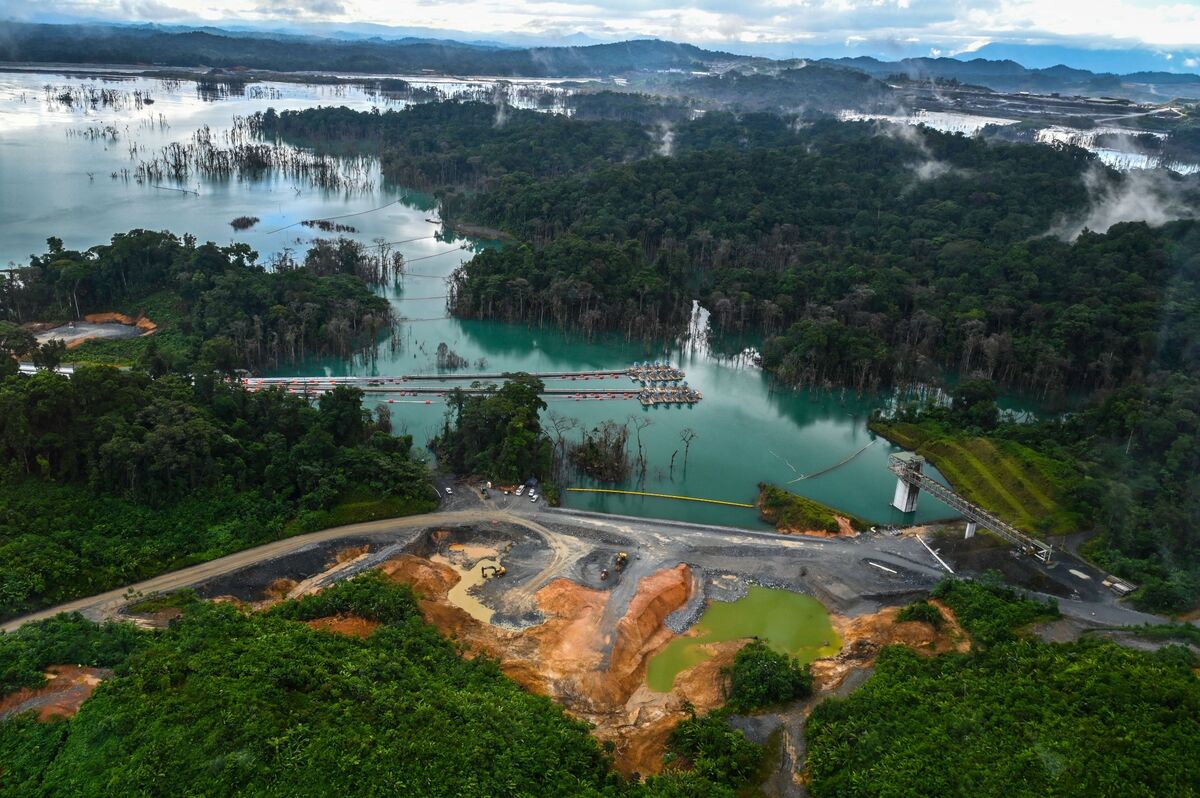
“Thousands of young people were the visible leaders of the demonstrations. This was reflected in the elections, because several of the young people who participated in the marches later ran for deputies. This was reflected in political life,” he explained. On the other hand, the survey reveals that 26.3% would agree with the “open to close” measure and 7.4% do not know or did not answer the question asked. From a social and political perspective, Claire Nevache analyses those who protested and those who were elected, finding certain shared concerns that had an impact on the results of the 2024 general election. ”In a way, Ricardo Lombana’s second place [in the presidential election] and the great success of the Vamos coalition in the Legislative Assembly, which came in first, are consequences or repercussions, let’s say, not only of this outbreak; but this outbreak is part of a state of weariness of Panamanian society with environmental issues, but crossed with corruption, and conflict of interests, among others,” explained Nevache. At the end of 2024, the Assembly will also discuss important projects for the Panamanian population, such as the General State Budget for the fiscal year 2025 and the modification of the Social Security Fund (CSS) Pension System.
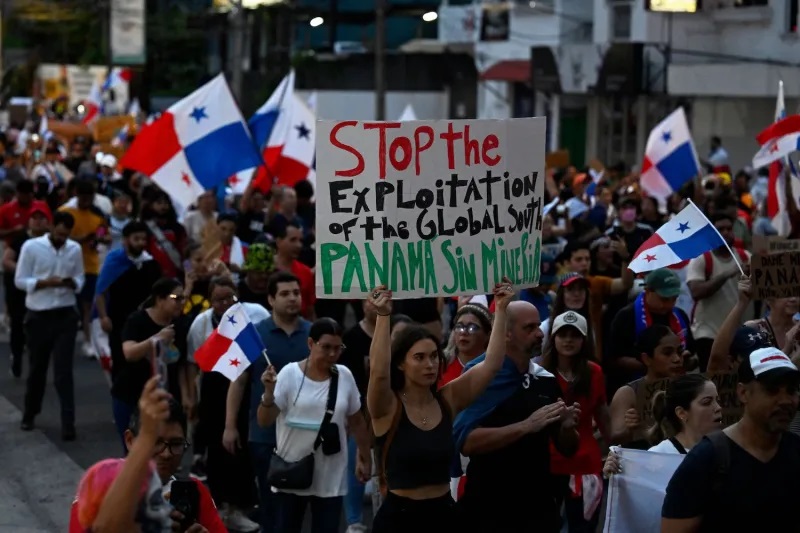
On this last issue, there was already a first demonstration by union groups of workers, teachers and medical personnel on October 17. For researcher Rodríguez, both the CSS and the mine issues are of great importance to Panamanians, especially when they intersect with corruption. ”A large part of society is outraged by corruption, because the CSS does not provide adequate care and also because there is a feeling that the mine should be closed permanently and that it should not be an opening and closing. The people are not stupid,’ he explained. Nevache believes that pension system reforms are very sensitive for the population anywhere in the world. ”We have to take a few examples from the rest of the world when reforms are made to retirement systems. I’m thinking of the case of Nicaragua, a few years ago, or that of France, in 2019, as they are normally very sensitive reforms for the population. Even in Panama in 2005 there were quite strong protests. So, it is a very sensitive issue that mobilizes people,’ he explained. The Panama survey reveals that both mining activity and a possible reform of the CSS are sensitive issues for the Panamanian population. While the negotiated proposal on the future CSS pension system will be presented on November 6, the mining issue will once again capture public opinion when it is discussed in 2025.





